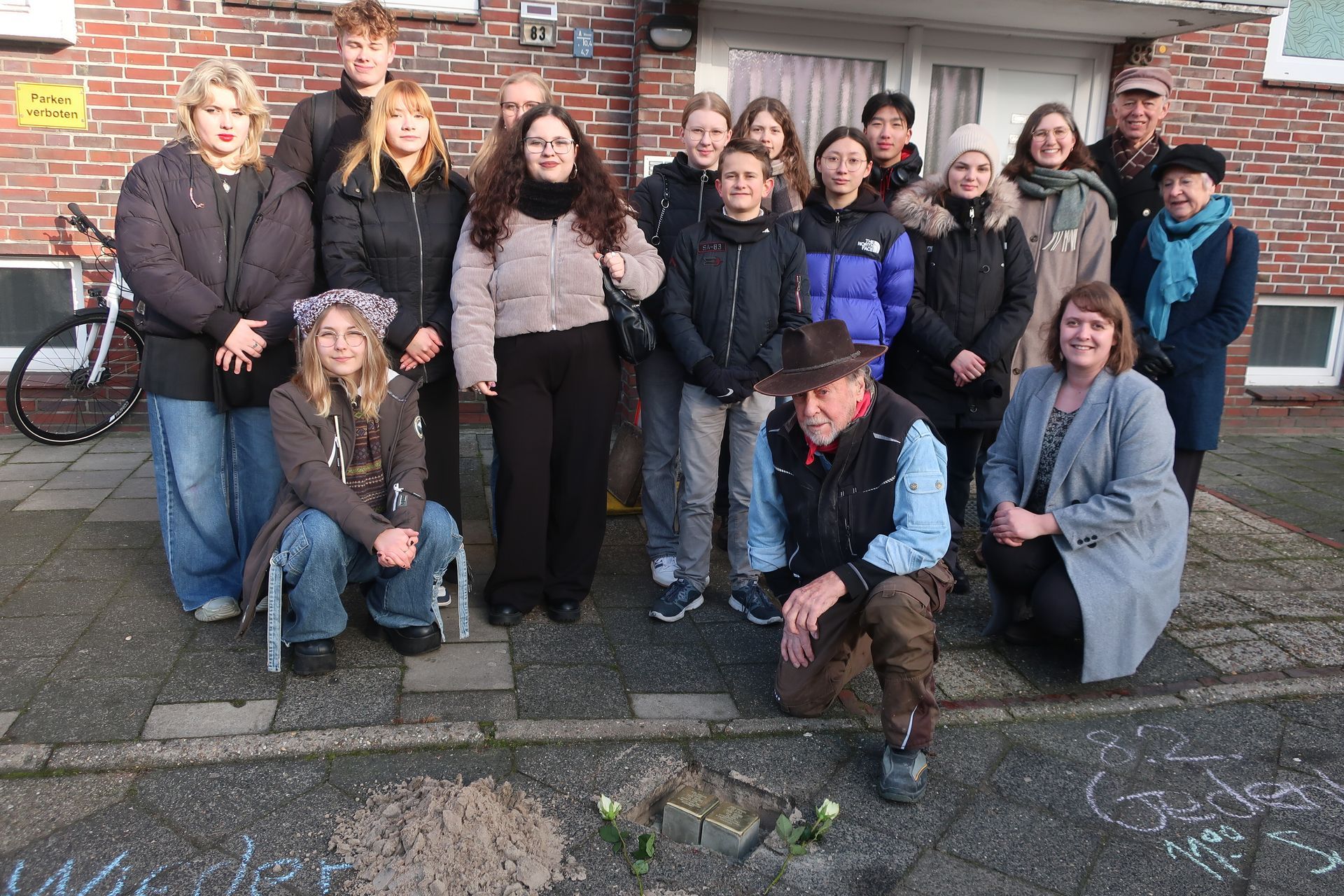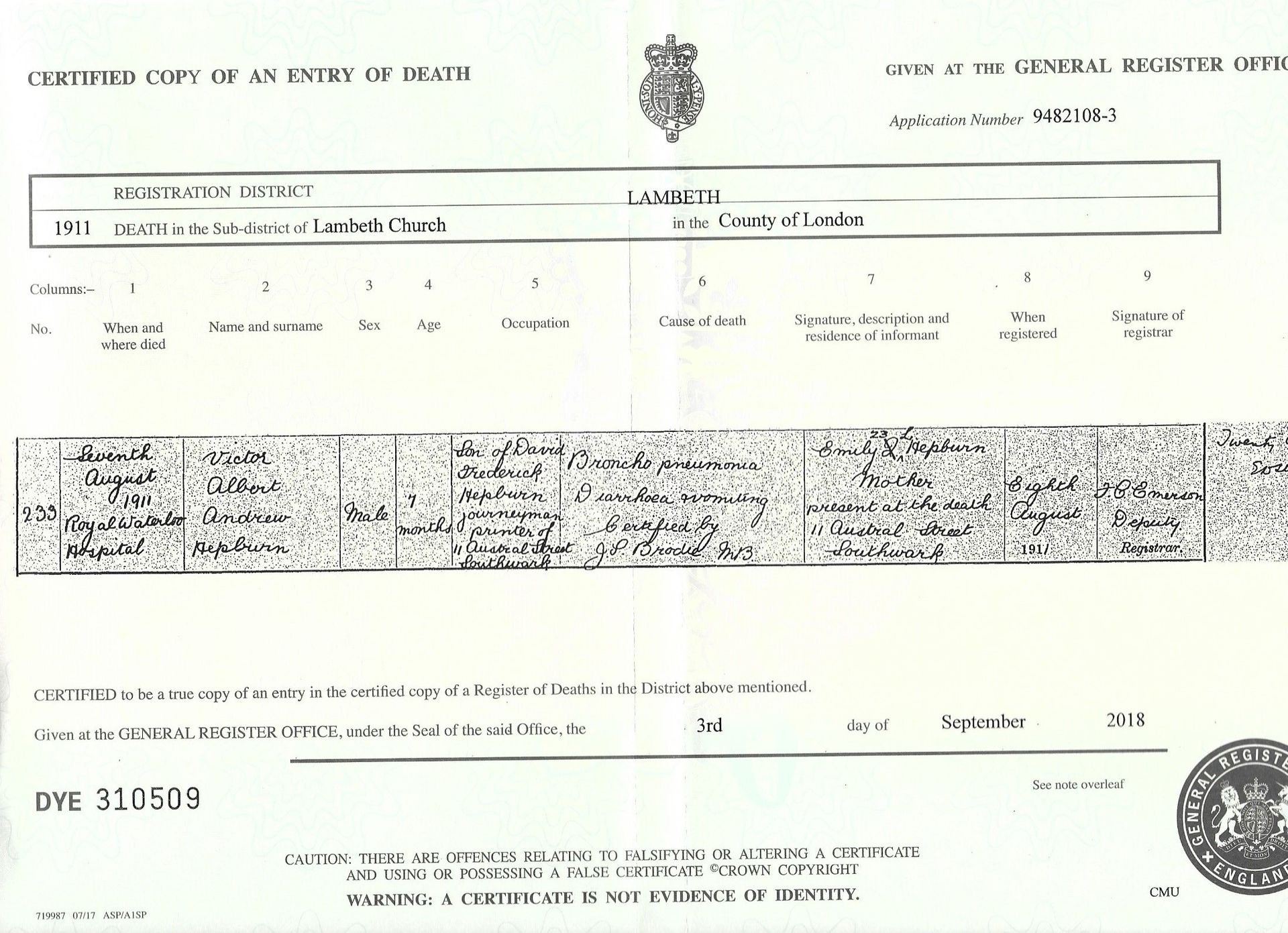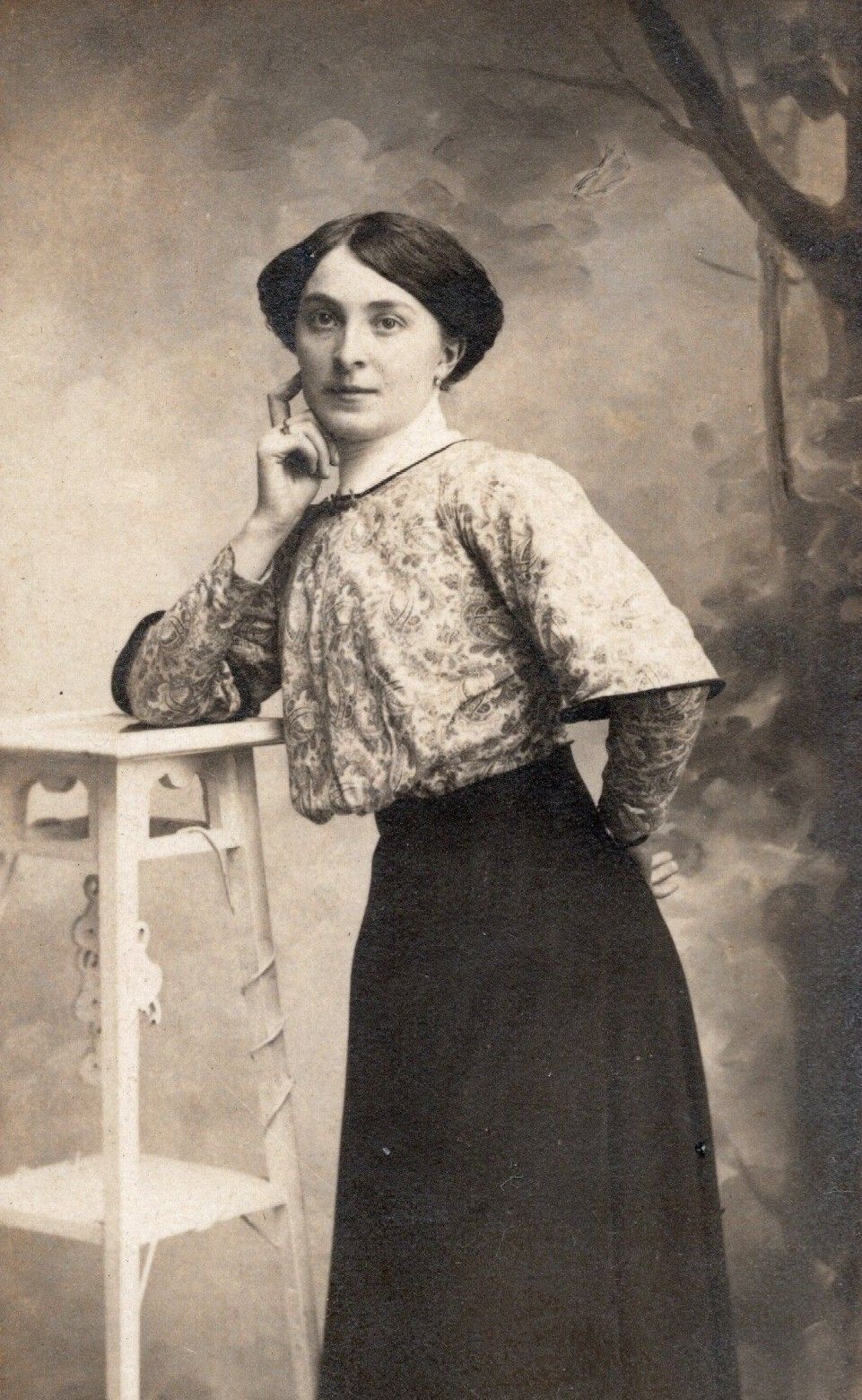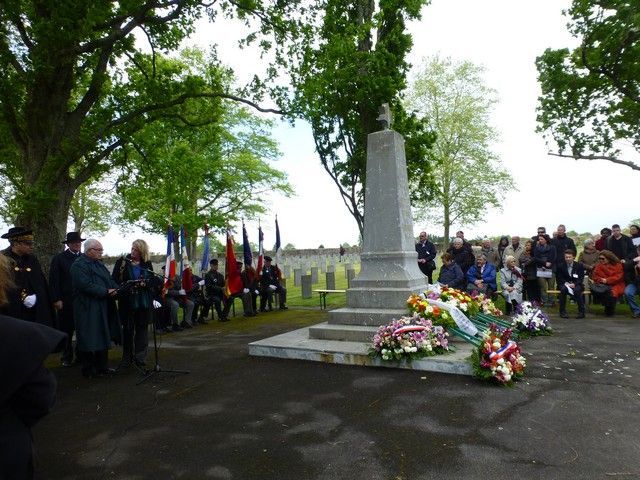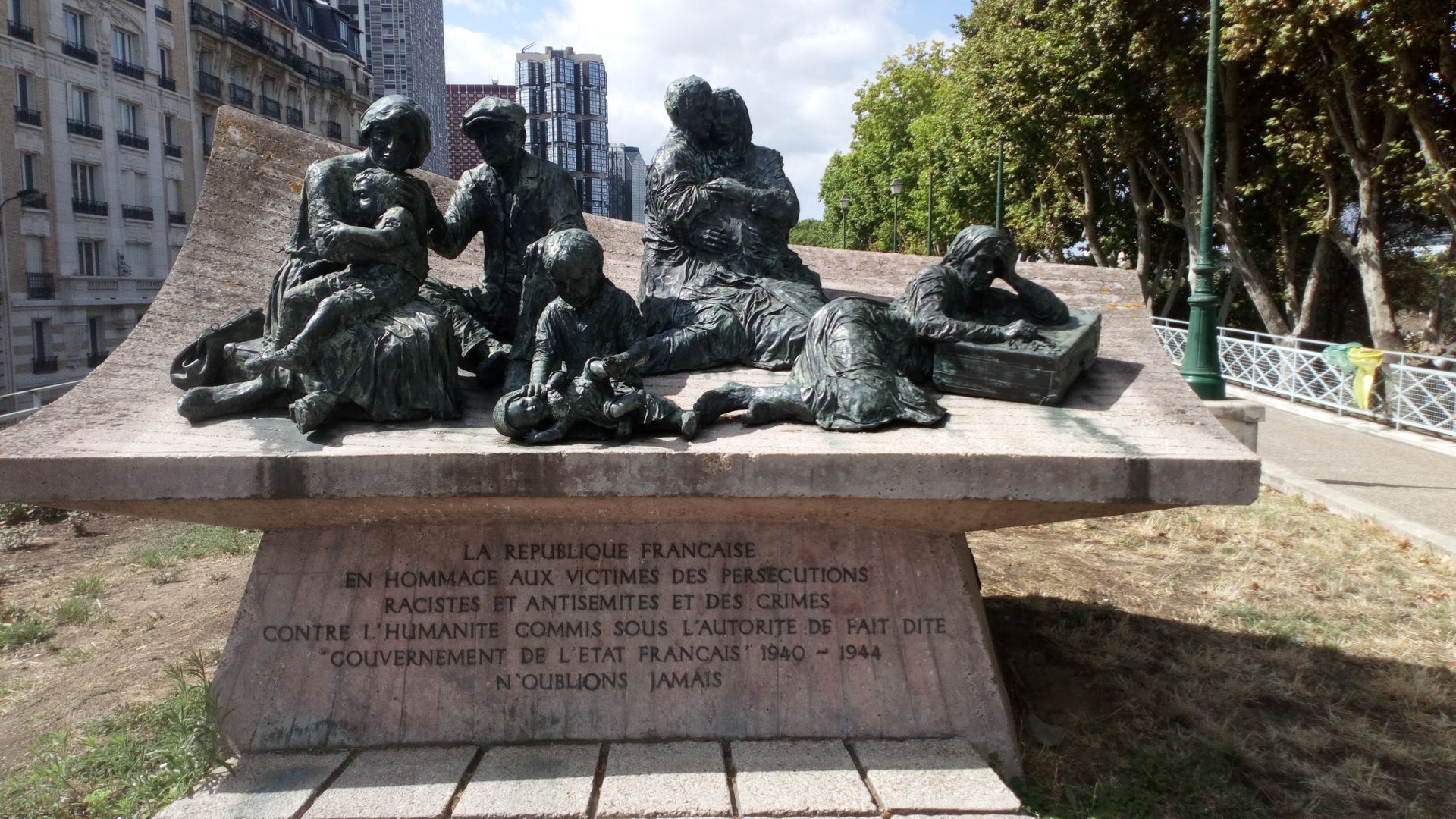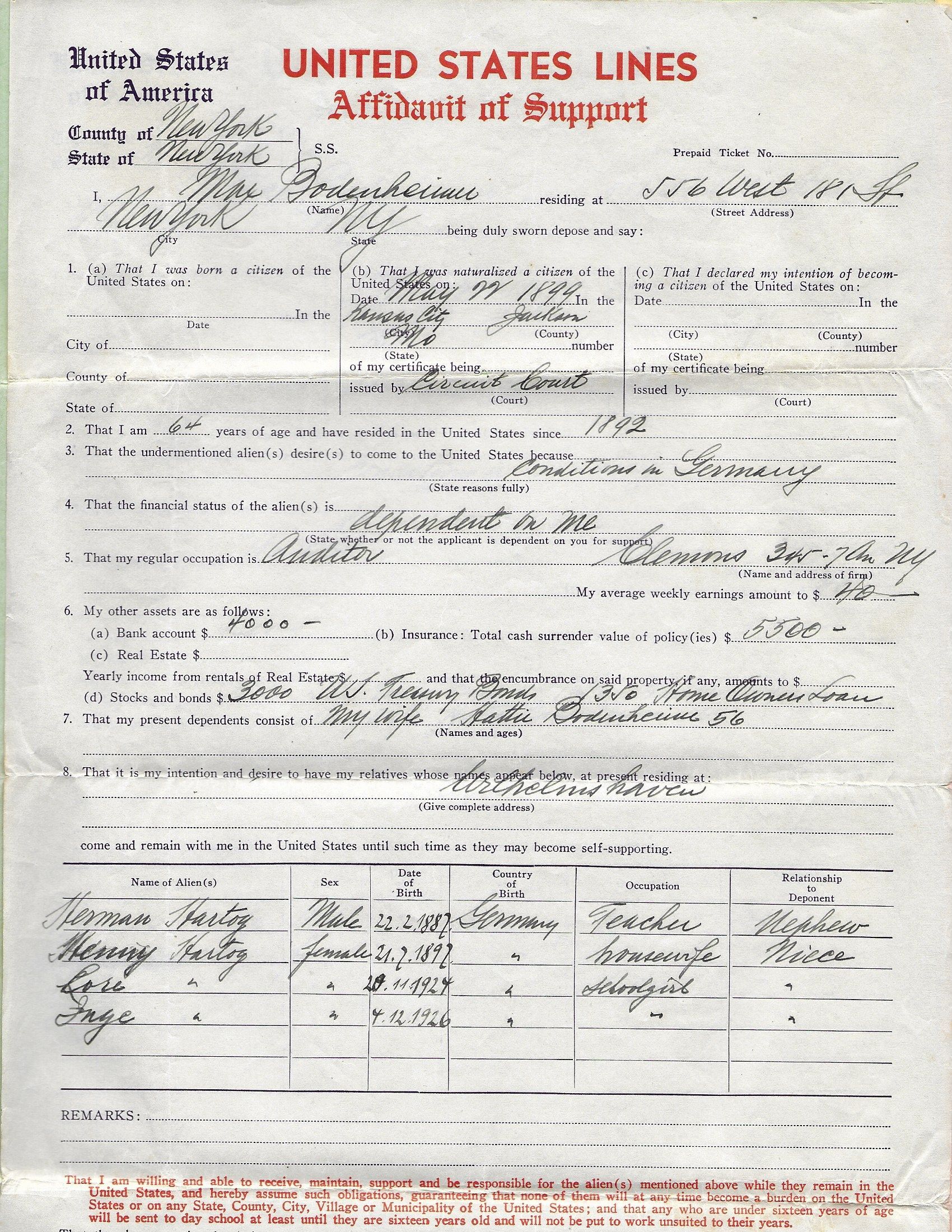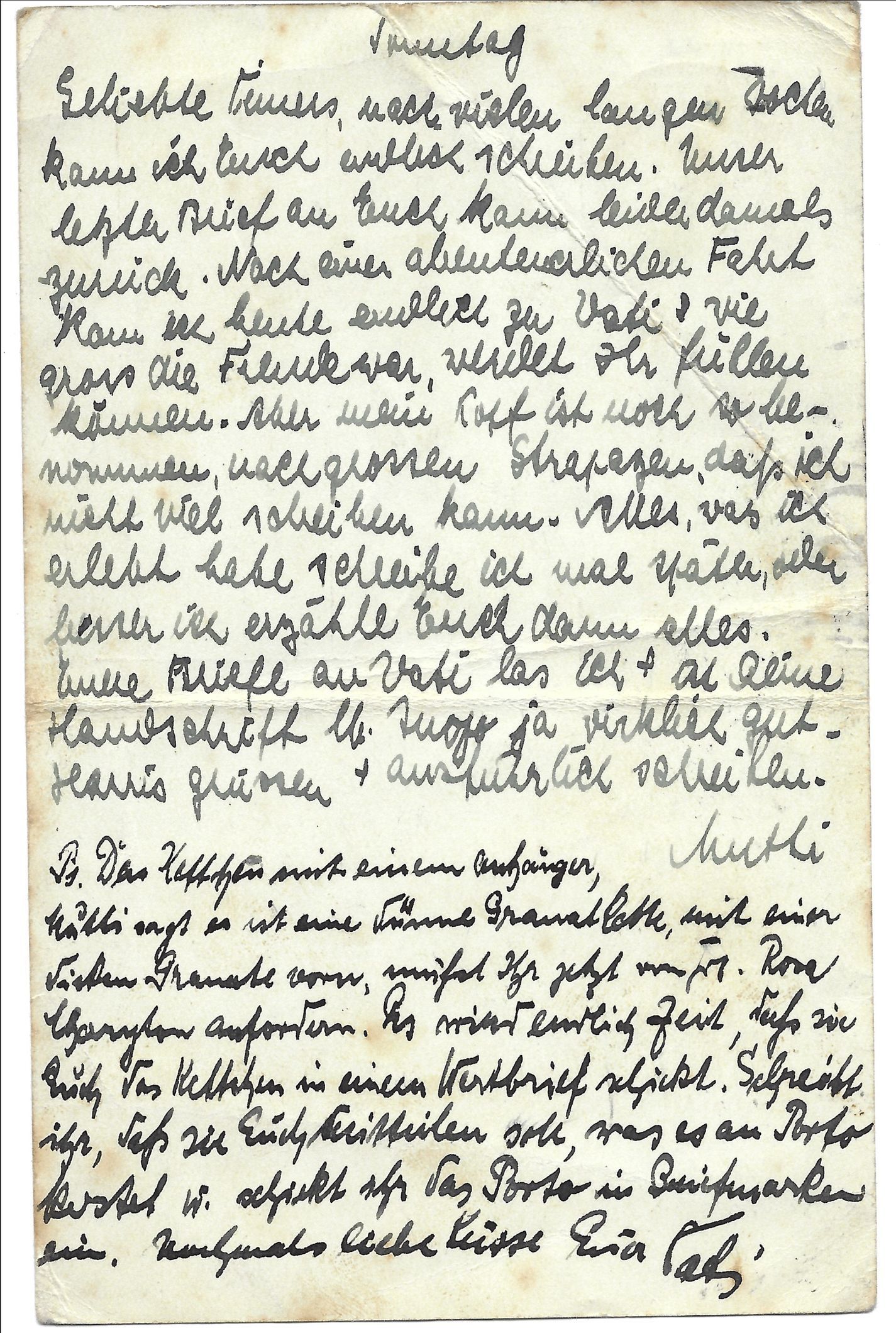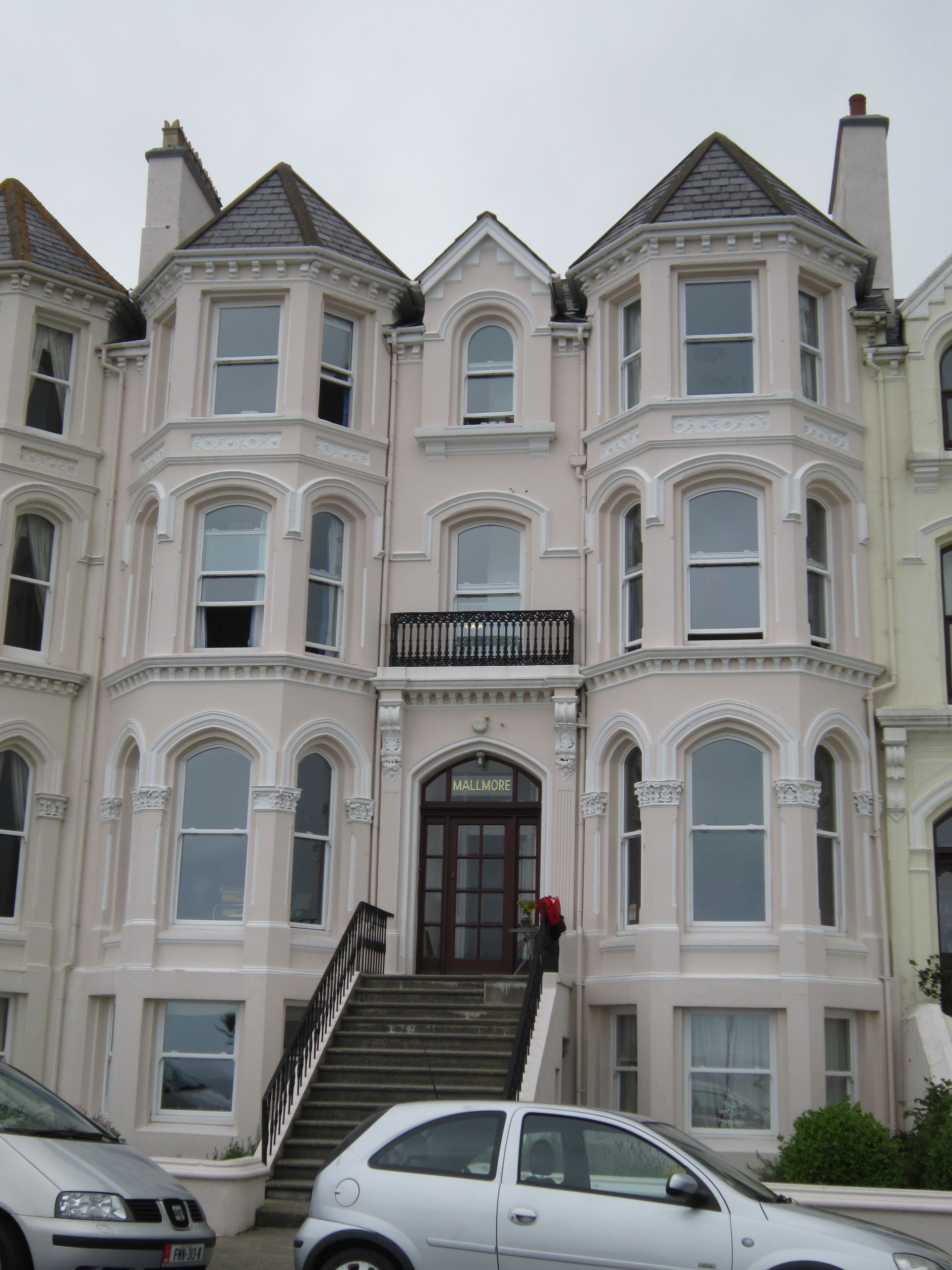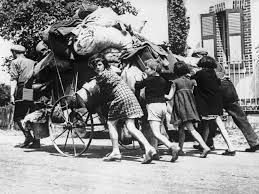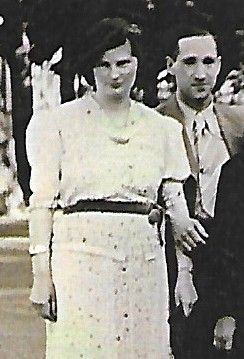Education for Lore and Inge in 1930s Germany

When Henny and Hermann considered leaving Jever at the end of the 1920s, it was partly in response to increasing anti-Semitic violence in this small town, and also partly with a view to the future education of their daughters.
Like many other Jewish families, they regarded education very highly. Both parents had been well educated and Hermann was himself a teacher. In 1929, when a teaching post became available for him in the near city of Wilhelmshaven, a house move seemed to suit the entire family very well.
In Wilhelmshaven, there was a growing officer class of the expanding German navy that demanded excellent educational opportunities for their children. Thus, with Lore approaching her fifth birthday and school age, there were better facilities there than Jever could offer. So, at the end of October 1929, the family moved to Wilhelmshaven.
In January 1933, when Lore was eight years old, Adolf Hitler was made Chancellor and anti-Semitism everywhere escalated. Less than three months later, a law was passed limiting the number of Jewish children allowed to enrol in German schools. This law also required the end to previous teachings of democracy and equality. These were to be replaced by the spreading of Nazi ideas of obedience to state authority, militarism, racism, and love for Hitler.
In Jever, teachers at the senior school – the Mariengymnasium – included several senior Nazi leaders who incited hatred, intimidation and violence towards Jewish students. Philip Sternberg, who had lived opposite the Hartogs in Jever, moved his family away from the town when his son, Rolf, (who was Inge's age) was refused admission to this school. The Gröschlers' son, Walter, was similarly banned from attending.
Henny and Hermann decided to send their elder daughter, Lore, overseas for her secondary education. This had become a normal course for Jewish parents with the necessary financial means, and school places were advertised in the Jewish press. So, in February 1937, Lore left her school in Germany to attend a boarding school in England.
Meanwhile, all children in Germany were legally required to attend school but educational opportunities were being drastically reduced for Jewish children. In 1938, they were no longer allowed to attend schools in the public state system.
At the beginning of 1938, Inge was eleven years old and had received only a smattering of education and schooling during the previous years. There was no Jewish school nearby that she could attend. In Oldenburg, more than 50 kms away, the newly ordained rabbi, 25 year-old Leo Trepp, asked local Nazi officials if he could open a school in his synagogue for Jewish children within the wider locality. Permission was granted and he was also given funding for desks and some supplies. Inge became a student there for the next few months, until 10 November 1938, together with her friends Hilde ter Berg and Ingrid Cohen.
To the end of her life, Inge was acutely conscious of her lack of early education, her inability and loss of confidence in writing well, and the struggle that she experienced living in a society that valued education when she had almost none. But her parents, who had been unable to give her the schooling that they had wanted for her, shared with her their ideals of freedom, equality and generosity that shone through her life.
(the photo shows Lore – back row, 5th from left – at her school in Germany about 1936)
